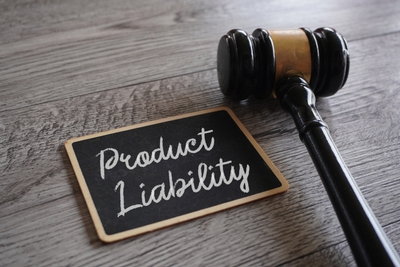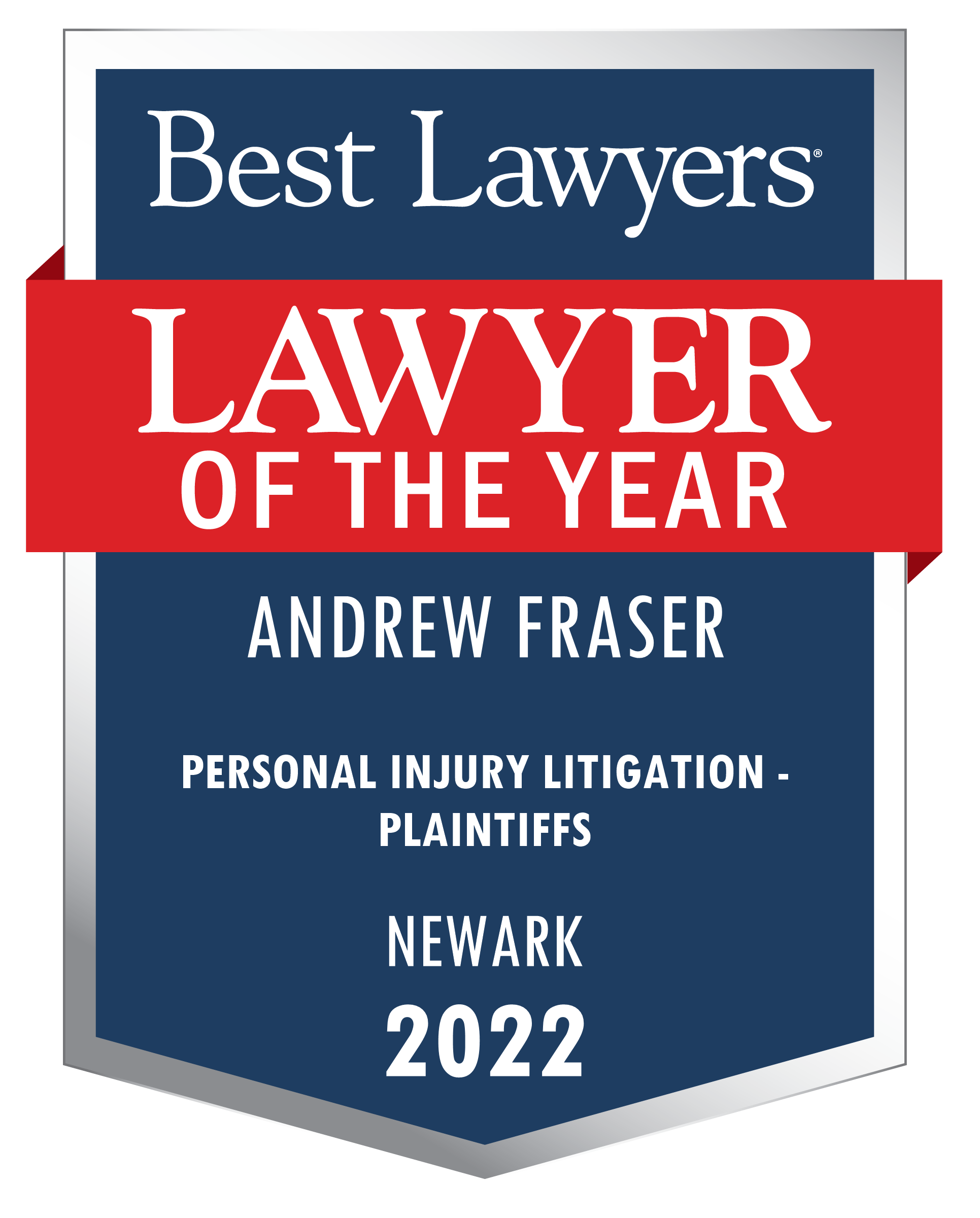An Overview of New Jersey's Product Liability Statute
Related Attorney: Timothy E. Dinan
March 14, 2024
In the intricate tapestry of consumer protection and legal rights, New Jersey's Product Liability statute stands as a crucial safeguard against harm caused by defective or unsafe products. This comprehensive statute plays a pivotal role in establishing the responsibilities of manufacturers, distributors, and sellers in ensuring the safety and integrity of products reaching the hands of consumers.
- Basis of Product Liability - New Jersey's Product Liability statute is grounded in the principle that those involved in the production and distribution of goods must be held accountable for the safety of their products. This includes manufacturers, distributors, and retailers, each bearing a unique set of responsibilities in delivering products free from defects.
- Strict Liability Standard - One distinctive feature of New Jersey's Product Liability law is its adoption of strict liability. This means that a plaintiff need not prove negligence on the part of the defendant; instead, the focus shifts to the defective nature of the product itself. If a product is found to be defective and causes harm, those in the chain of distribution may be held liable.
- Three Types of Defects - The statute recognizes three categories of defects that may lead to liability claims:
- Design Defects: Inherent flaws in the product's design that make it unreasonably dangerous.
- Manufacturing Defects: Flaws that occur during the manufacturing process, deviating from the intended design.
- Marketing Defects: Inadequate warnings, instructions, or failures to communicate potential risks associated with the product.
- Consumer Protections - New Jersey's Product Liability statute places a strong emphasis on protecting consumers. By holding parties accountable for defective products, the law seeks to ensure that individuals who suffer harm have avenues for seeking compensation and that manufacturers are incentivized to prioritize product safety.
- Statute of Limitations - It's crucial for individuals to be aware of the statute of limitations outlined in the law. In New Jersey, the injured party generally has two years from the date of injury to file a products liability lawsuit.
Understanding the nuances of New Jersey's Product Liability statute empowers consumers to assert their rights in cases of product-related injuries. As technology and innovation continue to shape the marketplace, this legal framework plays a vital role in maintaining a balance between industry progress and consumer safety. By holding those responsible for product defects accountable, the statute reinforces the fundamental principle that the safety of consumers should always be paramount.
Questions? Contact Tim Dinan at tdinan@lcrlaw.com, or (973) 729-1880.
See our previous blog post here.


















